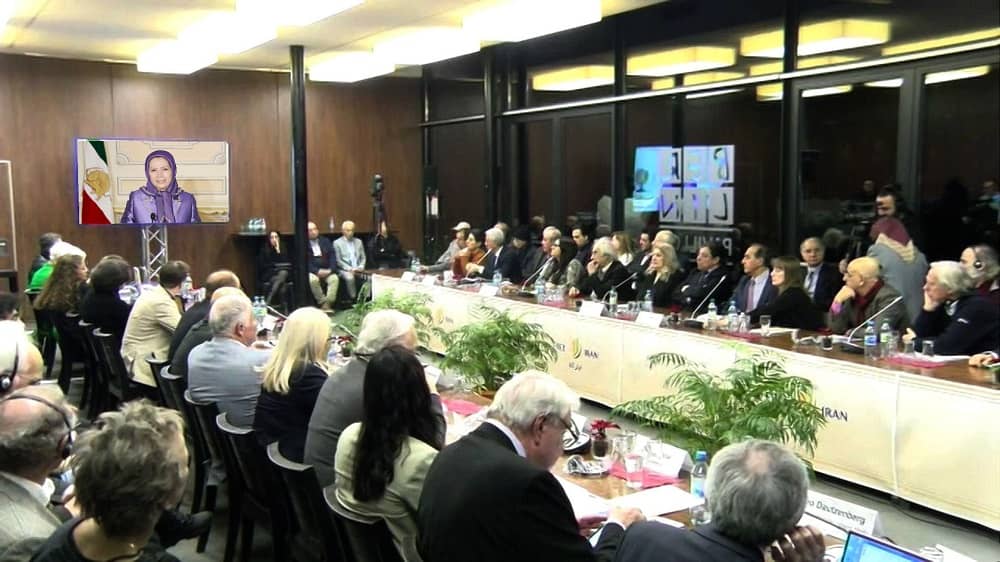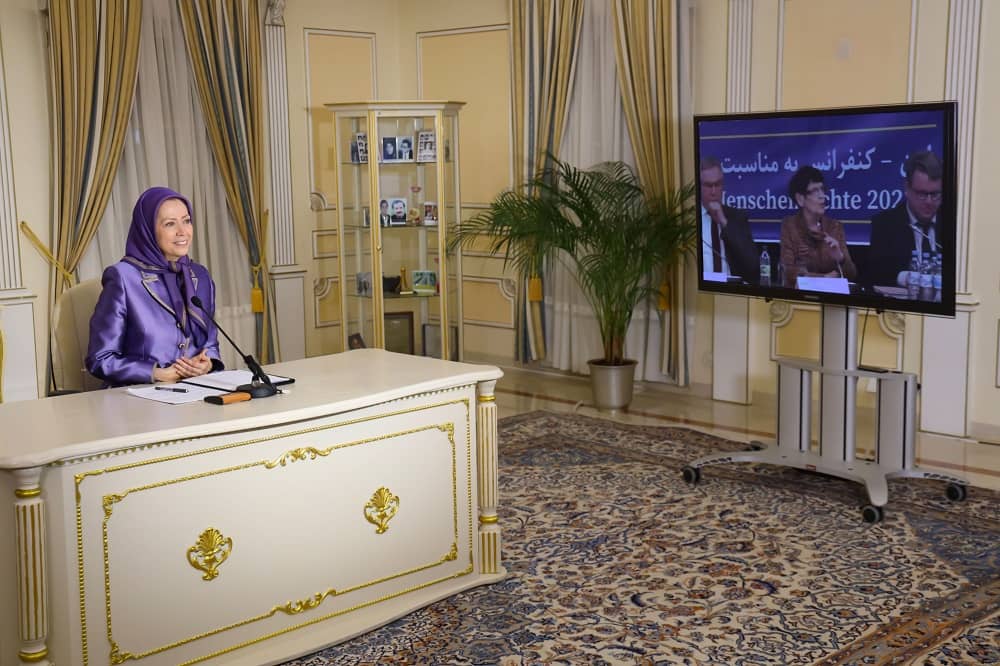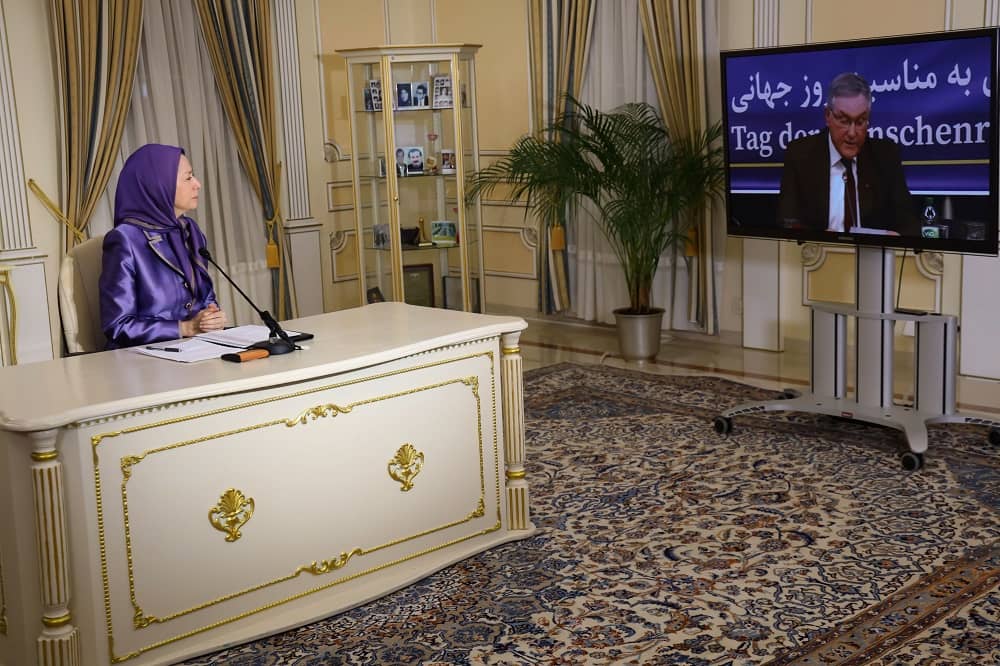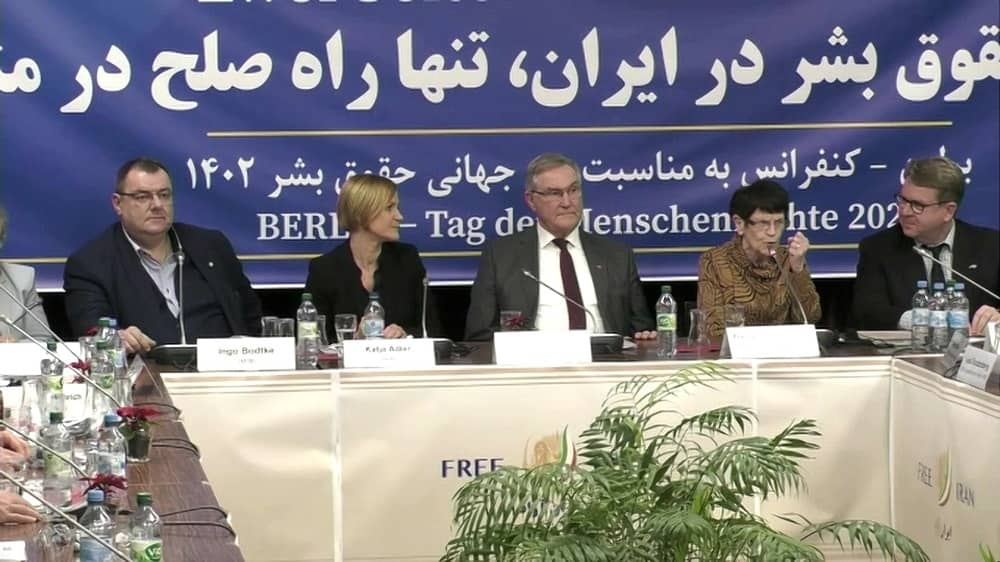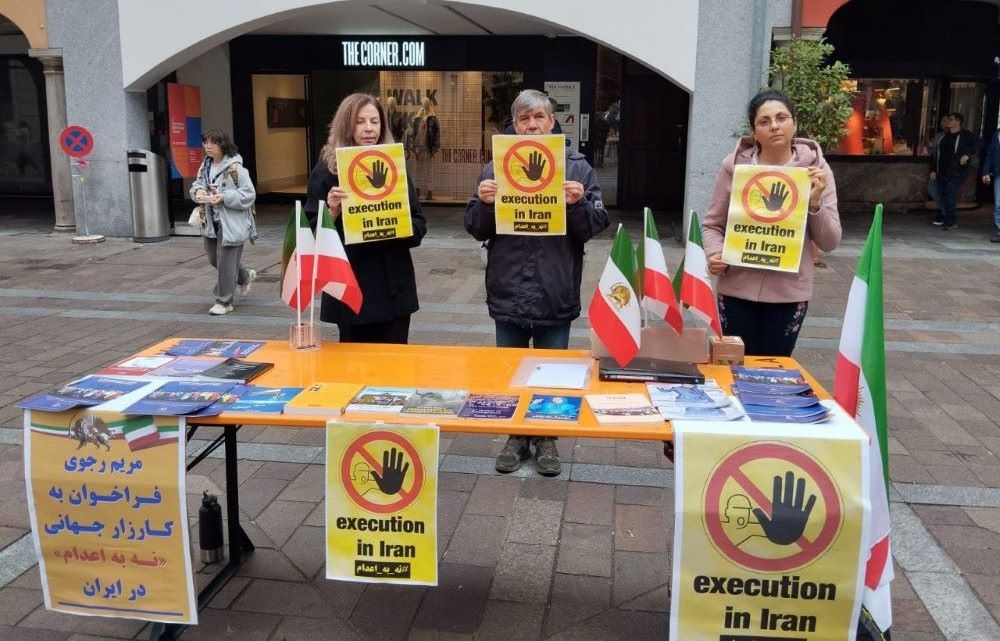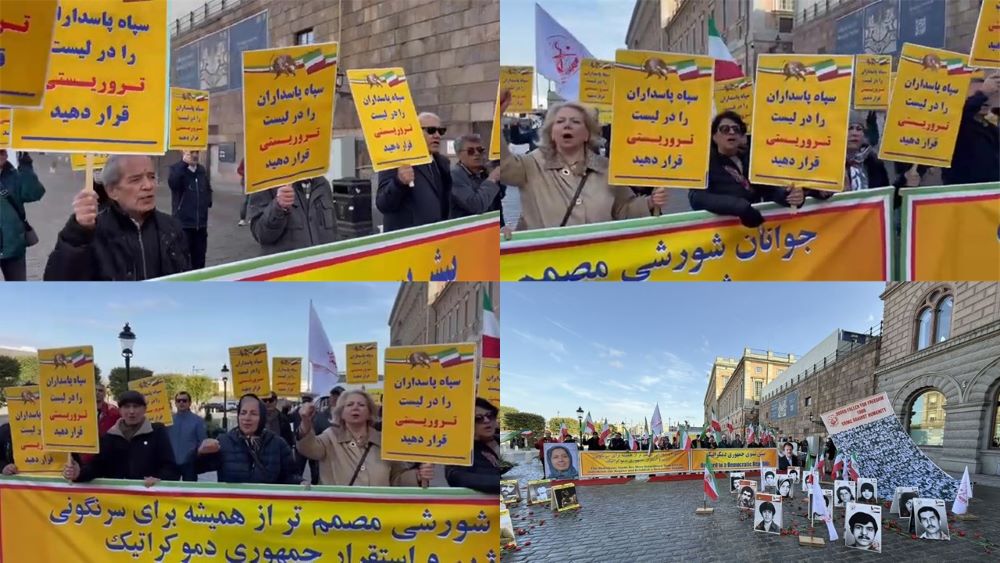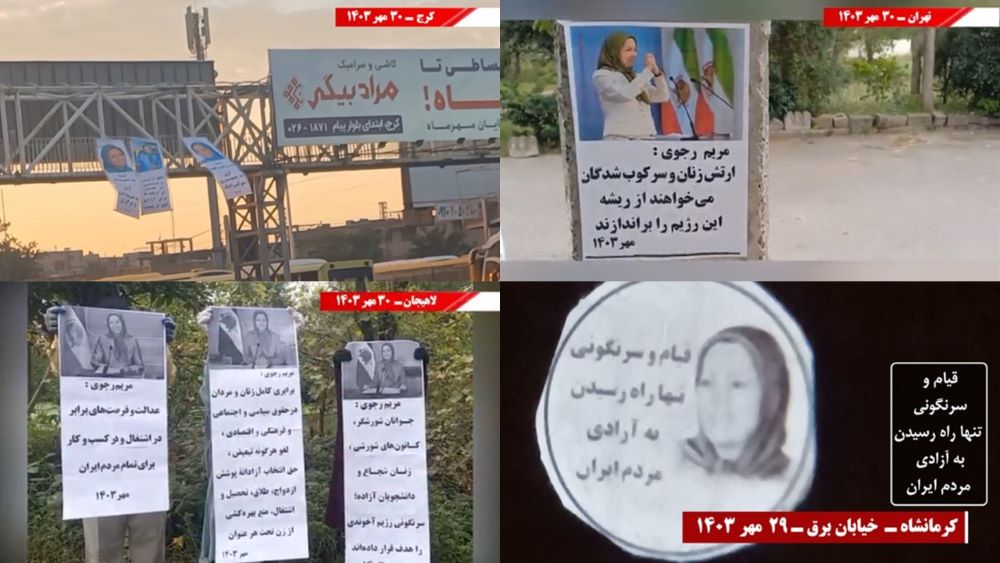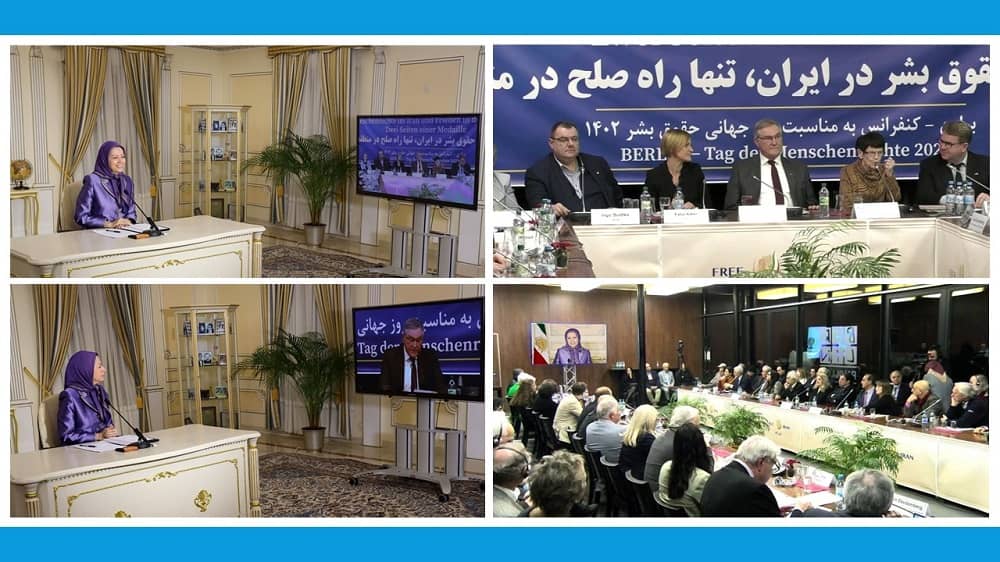
Berlin, Germany—December 14, 2023: In a significant conference titled “Human Rights in Iran and Peace in the Region, Flipsides of a Coin” was held on Thursday, December 14, leaders from both federal and state parliaments of Germany, political figures, human rights advocates, and members of the Iranian diaspora came together to address pressing issues concerning Iran. The conference garnered notable participation, with distinguished speakers, including the former Speaker of the Federal Parliament of Germany, Professor Dr. Rita Süssmuth, and various other influential figures.
Prominent politicians who took the floor during the conference included Dr. France Josef Jung, former German Minister of Defense; Leo Dautzenberg, former MP from the Christian Democratic Union (CDU) and Co-Chair of the German Solidarity Committee for a Free Iran; Carsten Müller, senior member of the Legal Commission of the Federal Parliament from CDU; Ingo Bodtke, a member of the German Bundestag from the Free Democratic Party (FDP); Erhard Grundl, member of the Alliance 90/The Greens (Green Party); Christoph de Vries, member of the Committee for Home Affairs and Community, and member of the Oversight Panel of the Federal Parliament from the CDU; Katja Adler, a member of the Bundestag from the Free Democratic Party (FDP); Diana Stöcker, member of the Health Committee, alternate member of the Education and Research Committee, and Secretary of the Federal Parliament from CDU; Martin Patzelt, former member of the Federal Parliament and Co-Chair of the German Solidarity Committee for a Free Iran; and Christian Zimmermann, Secretary of the German Solidarity Committee.
The conference also featured representatives from the National Council of Resistance of Iran (NCRI) and members of the Iranian diaspora. Notably, Mrs. Maryam Rajavi opened the proceedings with online remarks, establishing the foundation for discussions on critical matters related to Iran.
Mrs. Rajavi emphasized that 40 years of appeasement towards the regime contributed significantly to regional war and instability. To avoid repeating past mistakes, she urged the implementation of a firm policy against the regime and the endorsement of the Iranian people’s and Resistance’s efforts to bring about its end.
Conference In Berlin: #HumanRights in #Iran and Peace in the Region, Flipsides of a Coin
The West’s policy of silence and inaction has enabled the clerical regime t0 create more disasters.
During the invasion of Iraq, the country opened its gates to the terrorist Quds Force.… pic.twitter.com/NMj0CTrcpr— Maryam Rajavi (@Maryam_Rajavi) December 14, 2023
Highlighting the struggle against the mullahs’ misogynist regime, Mrs. Rajavi pointed out the achievements in realizing women’s equality within the movement. She noted that 56% of the National Council of Resistance of Iran’s members are women, with the Central Council of the People’s Mojahedin Organization comprising 1,000 women from various segments of society, each with over 40 years of experience in the struggle.
In the context of recent events, Mrs. Rajavi revealed that 230 prisoners were executed in Iran within two months of the Middle East conflict. She criticized Western policies for failing to curb human rights violations and prevent the regime’s interference in the region, asserting that European intelligence services, particularly in Germany, identified the National Council of Resistance (NCRI) and the PMOI as the Iranian regime’s primary targets in Europe.
Conference In #Berlin: #HumanRights in Iran and Peace in the Region, Flipsides of a Coin pic.twitter.com/QWTjGzWPFE
— Maryam Rajavi (@Maryam_Rajavi) December 14, 2023
Referring to the discovery of notebooks in the possession of the regime’s terrorist diplomat, Assadollah Assadi, Mrs. Rajavi disclosed that these notebooks contained 289 addresses of appointments with regime agents in various countries, half of them in Germany. Despite their significance, the contents of these notebooks were never made public. She also highlighted the recent uncovering of a network of regime infiltrators in the US and Europe.
Calling for urgent international action, Mrs. Rajavi advocated for the designation of the Islamic Revolutionary Guard Corps (IRGC) as a terrorist organization, activation of the snapback mechanism in Security Council Resolution 2231 for the full implementation of UN resolutions on the regime’s nuclear projects, comprehensive sanctions, declaration of the Iranian regime as an imminent threat to global peace and security under Chapter VII of the United Nations Charter, and recognition of the Iranian people’s struggle to overthrow the regime. She specifically emphasized the courageous fight of Iranian youth against the terrorist IRGC.
Khamenei and his criminal president have reached a deadlock in the face of the Iranian people’s uprising. Therefore, to contain their internal crises, the mullahs have resorted to external wars.
In just two months since the Middle East conflict began, they have executed 230… pic.twitter.com/kLQYNlYVBz— Maryam Rajavi (@Maryam_Rajavi) December 14, 2023
Taking the helm as the moderator of the conference, Mr. Carsten Müller delivered a compelling address in Berlin, expressing deep concern about the inadequacies in Western and German policies towards Tehran. Stressing the urgent need for increased international support for the Iranian Resistance, Mr. Müller referenced a book containing signatures from over 500 representatives across party lines in German states and the federal parliament. He also shed light on the insidious infiltration tactics employed by the Iranian regime, citing a brochure detailing their influence network in European politics.
Addressing recent debates in the German Bundestag on the suppression of freedom in Iran, Mr. Müller underscored the importance of united efforts across party and faction boundaries to effectively tackle the multifaceted issues affecting the Iranian people.
Mr. Leo Dautzenberg delved into critical issues surrounding human rights and freedom in Iran, highlighting the destructive role of the Mullahs’ regime in the Middle East conflict and its repercussions for European citizens. He drew attention to the regime’s intensified efforts to suppress the Iranian opposition on European soil, employing manipulation of justice and the creation of false documents to incite terror against dissidents abroad. Mr. Dautzenberg addressed the ongoing show trial orchestrated by the arbitrary justice system in Iran against leading Iranian opposition figures in absentia, targeting 104 members of the People’s Mujahideen of Iran (PMOI/MEK).
Expressing concern for the renewed attempts at the criminalization of MEK members, Mr. Dautzenberg noted the potential implications for future persecution and terrorist attacks against Iranian refugees in Europe. He emphasized the role of the organized resistance against the Iranian regime, led by the National Council of Resistance of Iran, the PMOI, and its Resistance Units within Iran.
Mr. Dautzenberg reminded the audience of the Iranian people’s desire for democracy, a sentiment expressed from 2017 to 2022, which unfortunately lacked sufficient support from the West due to factors such as ignorance, fixation on the nuclear deal, and economic interests.
Identifying a core problem, Mr. Dautzenberg criticized Western governments for relying on purported “Iran experts” who propagate narratives about the stability of the Iranian regime despite its crimes and dismiss viable alternatives, such as the Ten-Point Plan of NCRI President-elect Mrs. Maryam Rajavi.
Addressing the conference in Berlin, Mrs. Rita Süssmuth expressed her admiration for Mrs. Rajavi’s commitment to equality and human rights in Iran. The former Bundestag President, acknowledging the sizable audience, reminded them of the early obstacles encountered by herself and a small group advocating for change in opposition to the government’s stance on the Iranian regime. She stressed the significance of overcoming silence with courage, expressing delight in the growing parliamentary backing and praising Mrs. Rajavi for her courage and proactive approach. Mrs. Süssmuth also underscored the impact of Mrs. Rajavi’s actions in Germany and throughout Europe.
Referring to Mrs. Rajavi’s book on equality, Mrs. Süssmuth encouraged the audience to understand the incremental progress achieved and the importance of holding onto the vision for a better future.
Mr. Ingo Bodtke, a member of the German Bundestag, stressed the imperative of speaking out against injustice during his remarks. Proud to be part of the cause, he emphasized the importance of standing in solidarity and supporting those at the forefront of the struggle against injustice. Drawing from his personal experience in East Germany, he compared oppressive regimes, underlining the need to prevent any regime suppressing diverse thoughts from justifying its existence. Mr. Bodtke expressed solidarity with the Iranian people, relating their struggle for justice to the fears and uncertainties of the Berlin Wall era. In conclusion, he reiterated the responsibility of the international community, especially Germany, to support justice in Iran and stand in solidarity with those fighting for their rights.
MP Katja Adler declared her support for the Iranian resistance, emphasizing the correlation between human rights and women’s rights. Recognizing the recent prominence of the Iranian Resistance, she called for a focus on their efforts. Committed to supporting freedom and democracy, she pledged to continue discussions to classify the Mullahs’ regime as a terrorist organization. MP Adler stressed the fundamental role of this designation, particularly in light of the regime’s actions and its impact on the Middle East conflict. She concluded by underlining the critical importance of establishing democracy in Iran for achieving peace in the Middle East, pledging to advocate for these principles and thanking Mariam Rajavi for her courage and leadership.
Diana Stöcker expressed deep concern over the recent Amnesty International report detailing sexual assault during the 2022 protests in Iran. She highlighted the alarming reality that anyone opposing the regime could become a victim of human rights abuses, emphasizing the indiscriminate nature of such persecution. The German parliamentarian committed to being a voice for political prisoners in Iran, urging the international community to denounce the regime for its gross human rights violations. She condemned the invitation extended to Ebrahim Raisi, the president of the Iranian regime, by the UN’s Global Refugee Forum, citing his involvement in the 1988 mass execution of political prisoners. MP Stöcker criticized the regime’s role in exacerbating the refugee crisis from Iran and Syria due to war crimes. She applauded the cancellation of Raisi’s participation, attributing it to the combined efforts of human rights activists, prominent figures, and parliamentary colleagues worldwide. MP Diana Stöcker concluded by endorsing the NCRI as a democratic alternative to the current regime, advocating for its Ten-Point Plan outlined by its President-elect Mrs. Maryam Rajavi. She emphasized that supporting the NCRI provides hope for Iranians and reinforces the global commitment to a free and democratic Iran.
In an address during the conference in Berlin, Mr. Franz-Josef Jung expressed deep concern over the Iranian regime’s blatant disregard for human rights. Commemorating International Human Rights Day on December 10, Mr. Jung paid tribute to the 120,000 victims executed by the regime since its establishment. He underscored that the recent execution of over 700 individuals in the past year alone is a stark reminder of the regime’s ruthless repression. Identifying the Iranian regime’s attempts to export terrorism and fundamentalism as signs of weakness, Mr. Jung highlighted the regime’s fear of both domestic and international opposition. He pointed out that the regime, in an orchestrated trial, is currently prosecuting 104 members of the Iranian Resistance, all residents of European countries. Moreover, the former German Minister of Defense expressed alarm at the regime’s massive disinformation campaign against the NCRI. He emphasized the need for European institutions and media to reject the regime’s propaganda and advocated for a reconsideration of the European Union’s policy toward Iran. Mr. Jung called for a firm stance, including the imposition of sanctions, to counter the regime’s human rights abuses and disinformation. Supporting the democratic alternative presented by the NCRI, Mr. Jung endorsed the Ten-Point Plan outlined by Mrs. Maryam Rajavi, considering it a solid foundation for a democratic Iran. He urged a reevaluation of the EU’s policy, emphasizing that a democratic Iran is crucial for regional and global peace, security, and stability.
Mr. Martin Patzelt delivered a heartfelt speech, bearing witness to the struggles faced by the Iranian people under the oppressive regime. Emphasizing the parallels between the totalitarian structures in East Germany and the Iranian regime, the former mayor of Frankfurt voiced concern over the enduring impact of disinformation and targeted attacks against the Iranian Resistance within democratic nations like Germany. Reflecting on his eight years as a Bundestag representative, he highlighted the challenges faced in countering false narratives circulated against the NCRI. The MP, having visited Ashraf and participated in gatherings in Paris, attested to his critical evaluation of allegations made against the Iranian Resistance. He dismissed claims of the movement being a sect with communist intentions and affirmed his support for an organization that cherishes democracy as an alternative to authoritarian rule. Expressing his deep hope for witnessing a free Iran in his lifetime, Patzelt saluted the bravery of Iranians who continue to stand against oppressive measures, particularly women who face imprisonment for defying archaic dress codes. Acknowledging the sacrifices made by those who advocate for freedom, he urged Germany and Europe to recognize the truth and resist falling prey to disinformation campaigns. The former lord mayor recommended a book co-authored by himself, aimed at debunking prevalent myths and prejudices against the Iranian Resistance. Encouraging individuals to engage directly with members of the movement, Mr. Patzelt concluded by portraying a picture of Iranians who, motivated by love for their culture and people, strive for a future akin to the freedoms enjoyed in Germany.
Mr. Erhard Grundl highlighted the importance of a broad political foundation at the conference. Serving as the spokesperson for cultural and media policy for his faction, he condemned the oppressive regime of the Mullahs, attributing it to the suffering not only within Iran but also extending beyond its borders. Reflecting on his experience during the Shah’s dictatorship, he noted the dashed hopes for improvement that followed. Referencing the recent conflict in the Middle East, MP Grundl connected the threads of terrorism, emphasizing the need for discussions on issues such as the inclusion of the IRGC on the terror list. MP Grundl underscored his commitment to addressing the challenges posed by terrorist organizations, pledging solidarity with those affected, both in Iran and worldwide. He concluded by affirming his dedication to fostering dialogue and seeking solutions to pressing international concerns.
In her speech, Katrin Bornmüller, the Honorary Chairperson of the German section of the International Society for Human Rights (IGFM), expressed support for human rights activists inside Iran and appealed to all democratic governments to take a stand against the oppressive regime, urging them to work towards its cessation and accountability for its atrocities.
Christian Zimmermann, a human rights activist, reflected on the 75th anniversary of the Declaration of Human Rights while emphasizing the dire human rights situation in Iran. Despite Iran signing the Universal Declaration of Human Rights in 1948, Zimmermann asserted that successive Iranian governments, particularly the Raisi administration, consistently violated these principles. Labeling Iran as a “terror regime” that disregards human dignity, Mr. Zimmermann called for global democratic support to put an end to the regime.

